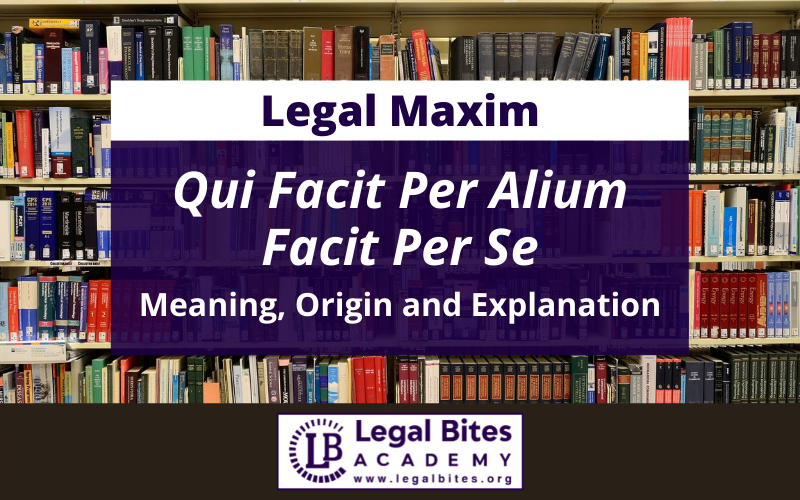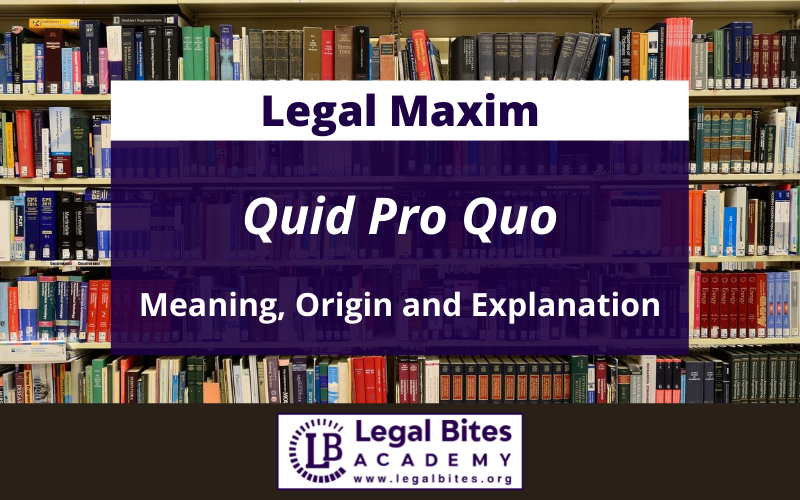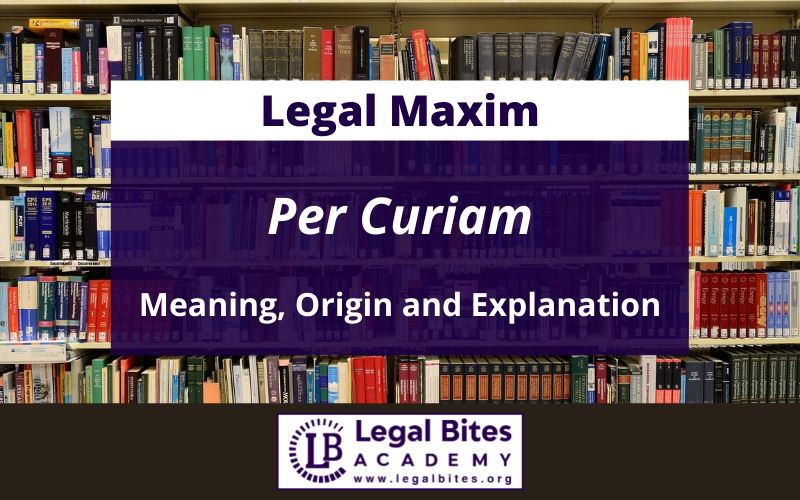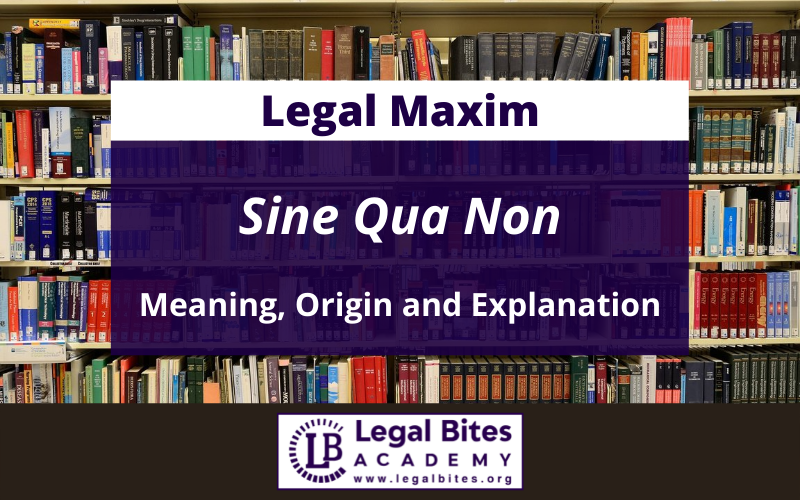Onus Probandi: Origin, Meaning and Explanation
This article titled ‘Onus Probandi: Origin, Meaning and Explanation’ is written by Sahajpreet Bhusari and discusses the concept of Onus Probandi. I. Origin and Meaning Onus Probandi is a legal phrase of Latin origin. In Latin, the maxim literally translates to ‘burden of proof’[1]. II. Explanation Onus Probandi is a general rule that a claimant asserting a proposition must prove… Read More »
;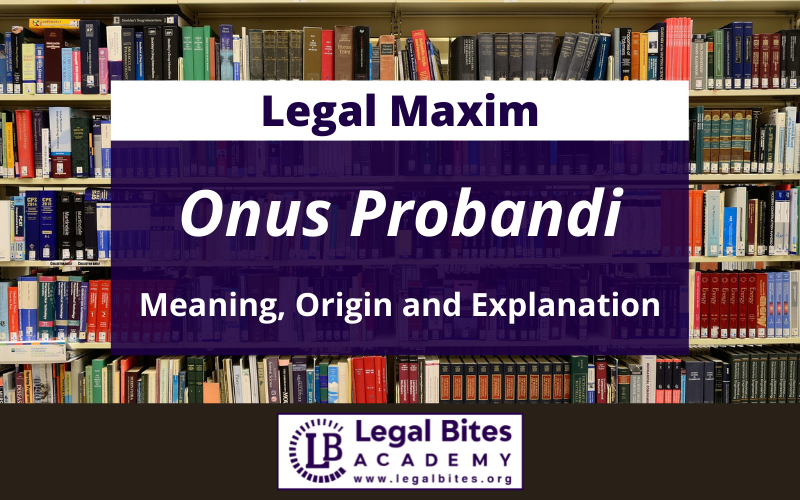
This article titled ‘Onus Probandi: Origin, Meaning and Explanation’ is written by Sahajpreet Bhusari and discusses the concept of Onus Probandi. I. Origin and Meaning Onus Probandi is a legal phrase of Latin origin. In Latin, the maxim literally translates to ‘burden of proof’[1]. II. Explanation Onus Probandi is a general rule that a claimant asserting a proposition must prove it. The burden of proof rests with the party seeking to prove its case by a particular fact of...
This article titled ‘Onus Probandi: Origin, Meaning and Explanation’ is written by Sahajpreet Bhusari and discusses the concept of Onus Probandi.
I. Origin and Meaning
Onus Probandi is a legal phrase of Latin origin. In Latin, the maxim literally translates to ‘burden of proof’[1].
II. Explanation
Onus Probandi is a general rule that a claimant asserting a proposition must prove it. The burden of proof rests with the party seeking to prove its case by a particular fact of which the party is deemed to have knowledge. However, where the law so provides, the denying party will prove the negation.
In any court hearing, there is an admissible conclusion before any evidence is presented. In criminal trials, the prosecution is required to prove the defendant guilty beyond a reasonable doubt. In civil cases, the plaintiff is required to establish superior evidence, which simply means that he establishes a better case than the defendant.
III. Application
The law of evidence is an essential element of the legislature, complementing judicial proceedings. Evidence is the document that establishes a claim or assertion and allows the court to make a fair decision. Oral or documentary evidence must be presented in court to substantiate or disagree with the respective claims of both parties.
The Rule of Evidence requires the respective parties to have the best evidence to establish their claim beyond a reasonable doubt. We say that the law of proof is the law of the forum or the Lex Fori.
The concept of the burden of proof is defined in Article 101 of the Law of Evidence, which states that when a person is asked to prove the existence of a fact, the burden of proof is on that person. Chapter VII of the Law deals with provisions regarding the burden of proof.
The term “duty of proof” is not defined in the Act, but the crude principle of criminal law is that the presumption of innocence belongs to the defendant, unless proven otherwise.
IV. Illustration
A wants the court to convict B of theft. Since A has confessed to the theft, it is his responsibility to provide evidence to support this claim.
V. Case Laws
In Smt. Bimla Devi @ Bimal Devi v. Uma Devi[2], The High Court of Patna has ruled that Onus probandi and animo attestandi are the two basic characteristics for deciding the question of the validity of a will. In any case, onus probandi is the proponent of the Testament and animo attestandi is the principle related to the animus to attest. The probate witness must register with the intention that the registration of the signature is made to act as a complete attestation of the will.
In the State of Narayan Govind Gavate Etc v. State of Maharashtra[3], it is held that the effect of proof must be distinguished from the obligation or duty to give a conclusion to the Court. This obligation is called “onus probandi”, it is on one of the parties, in accordance with the appropriate provisions of the law applicable to the different situations, but the effectiveness of the evidence presented is a question about the inference or conclusion drawn.
References
[1] Onus Probandi, Available Here
[2] 2016 (4) PLJR 741.
[3] 1977 AIR 183.


